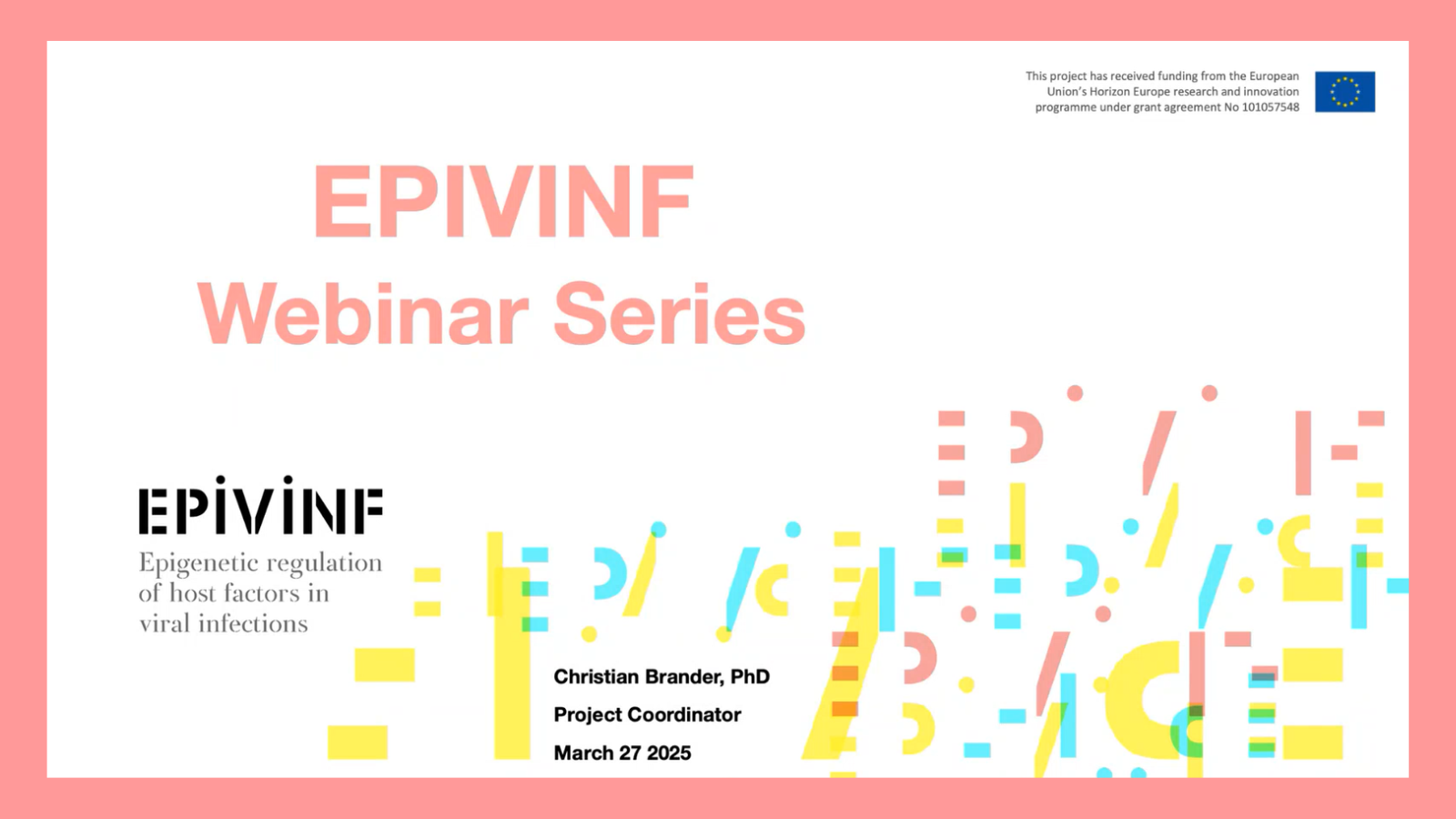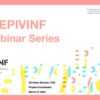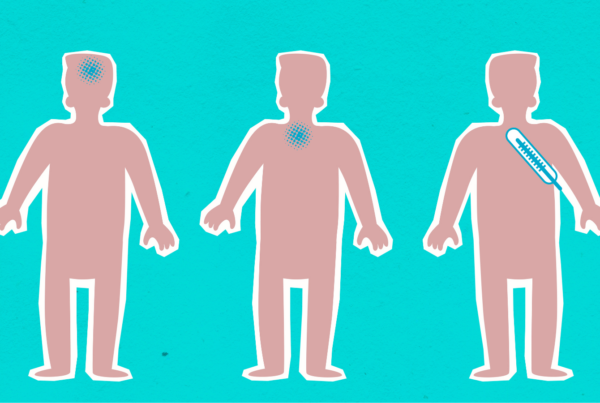
On March 27th, the EPIVINF project kicked off its seminar series on Epigenetics in Viral Infectious Diseases. The first session introduced the EPIVINF project and explored the latest research on how epigenetic mechanisms influence HIV and SARS-CoV-2 infections.
Epigenetics and Viral Infections: A Complex Relationship
The seminar opened with Christian Brander, EPIVINF project coordinator and Principal Investigator at IrsiCaixa, discussing the pivotal role of epigenetic modifications—such as DNA methylation and histone changes—in regulating immune responses and neurological outcomes in viral infections. Understanding these mechanisms is crucial for developing new therapeutic strategies.
A key focus was how HIV reshapes the epigenetic landscape, contributing to neurological disorders and accelerated aging, even in patients undergoing antiretroviral therapy. Despite medical advances, neurocognitive impairments remain a significant challenge, underscoring the need for therapies that target epigenetic alterations to improve patient outcomes.
Another critical topic was long COVID. Marta Ruiz Riol, EPIVINF co-project coordinator and senior scientist at IrsiCaixa, presented findings on SARS-CoV-2-induced epigenetic modifications that may contribute to long-term neurological and systemic effects. The discussion highlighted the need for biomarkers and novel epigenetic therapies to address the unmet medical needs of long COVID patients.
Collaborative Research and Future Directions
The discussion emphasized integrating clinical data, neurological assessments, and epigenetic analyses to better understand how viral infections impact the body.
One promising avenue is the development of epidrugs—therapies designed to reverse harmful epigenetic changes caused by viral infections. The session underscored the growing importance of epigenetics in infectious disease research and its potential to shape future treatments.
Stay tuned for more updates!






